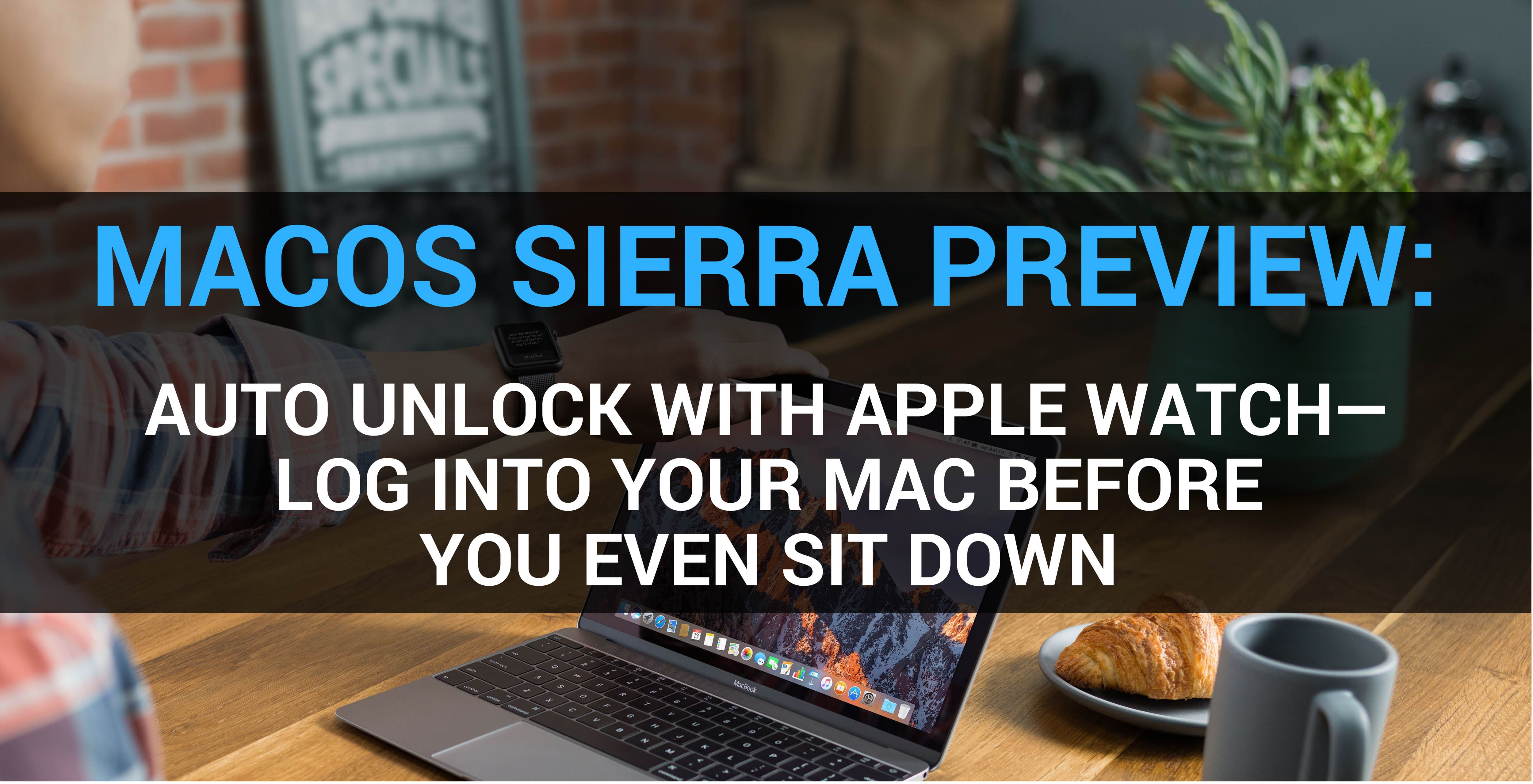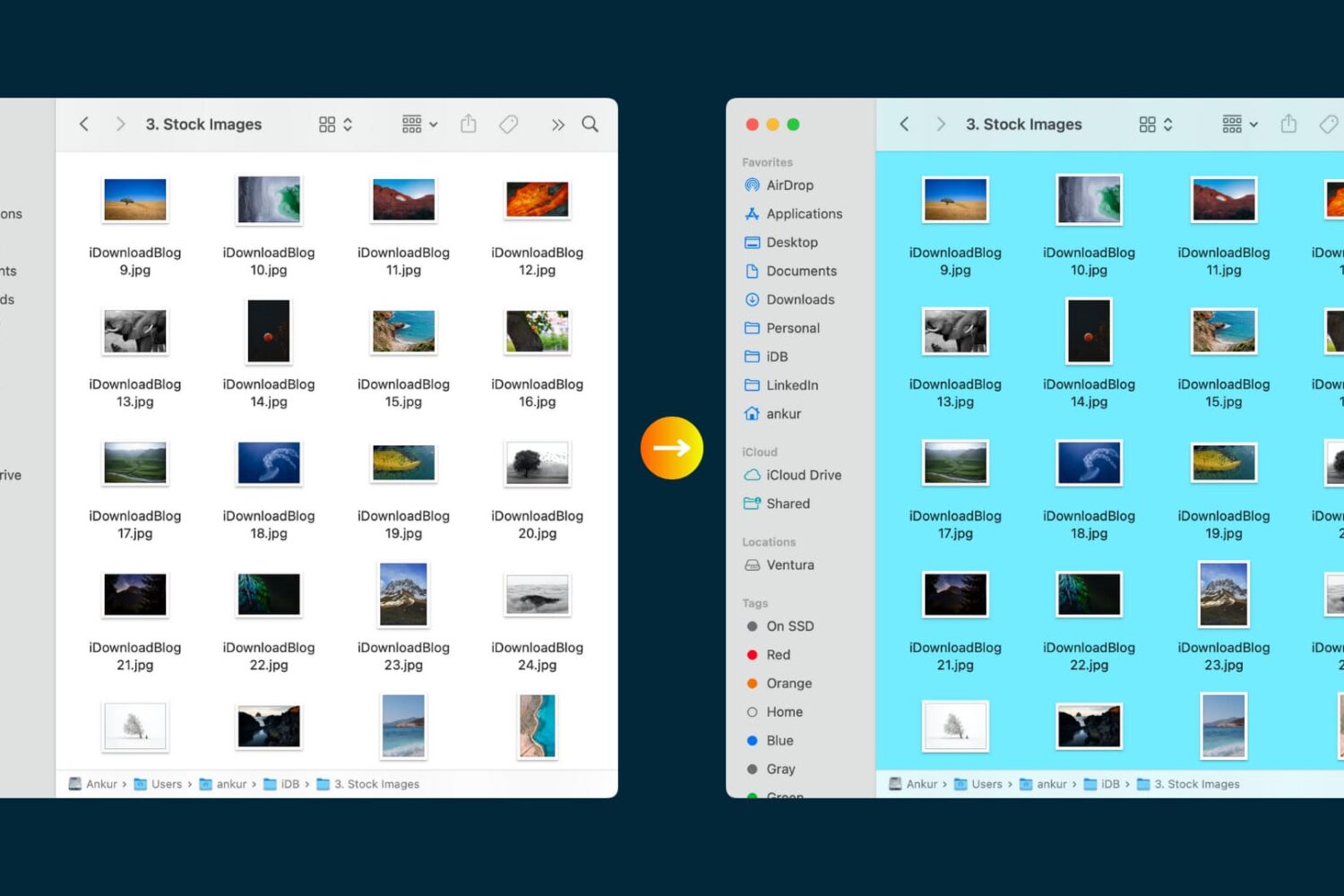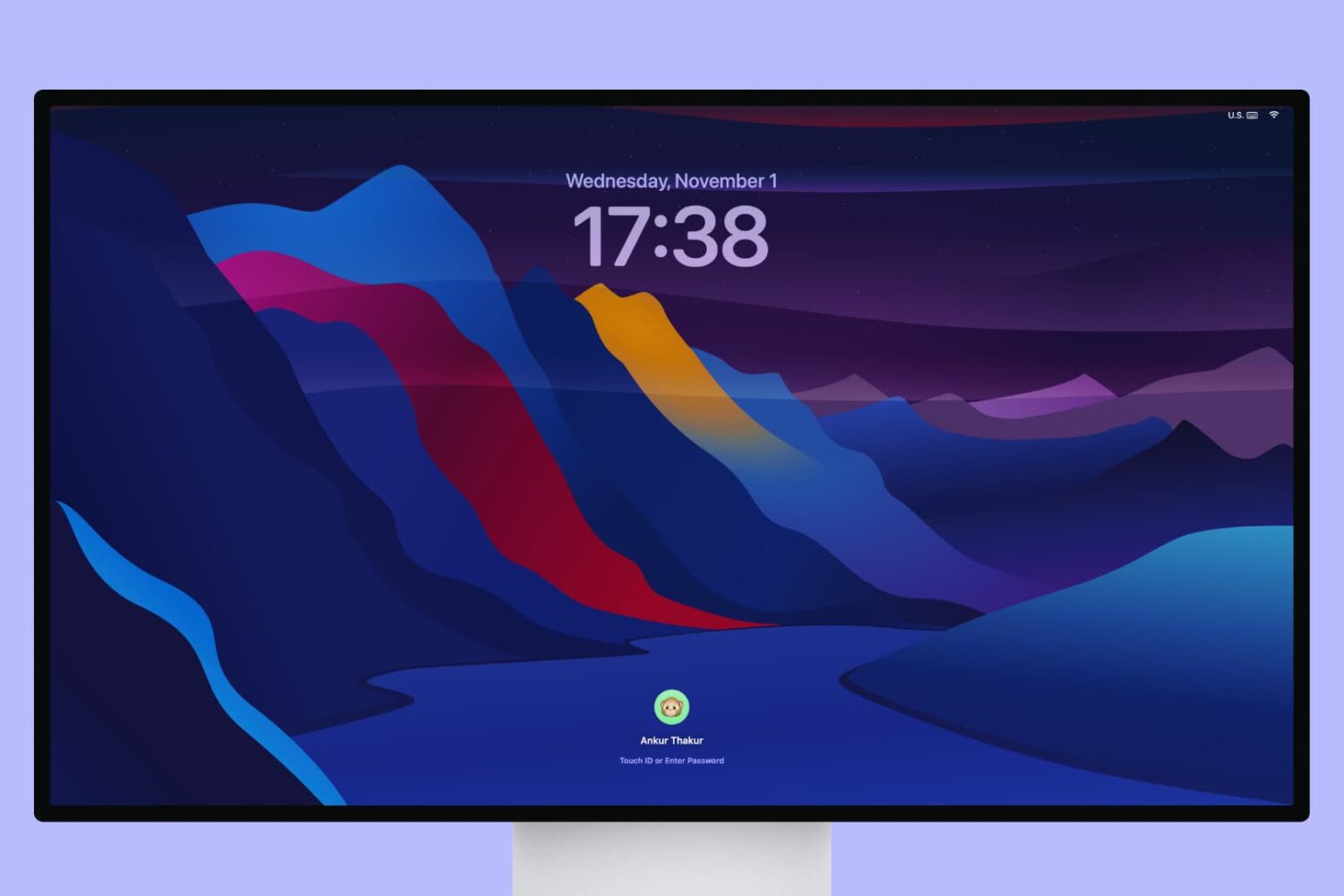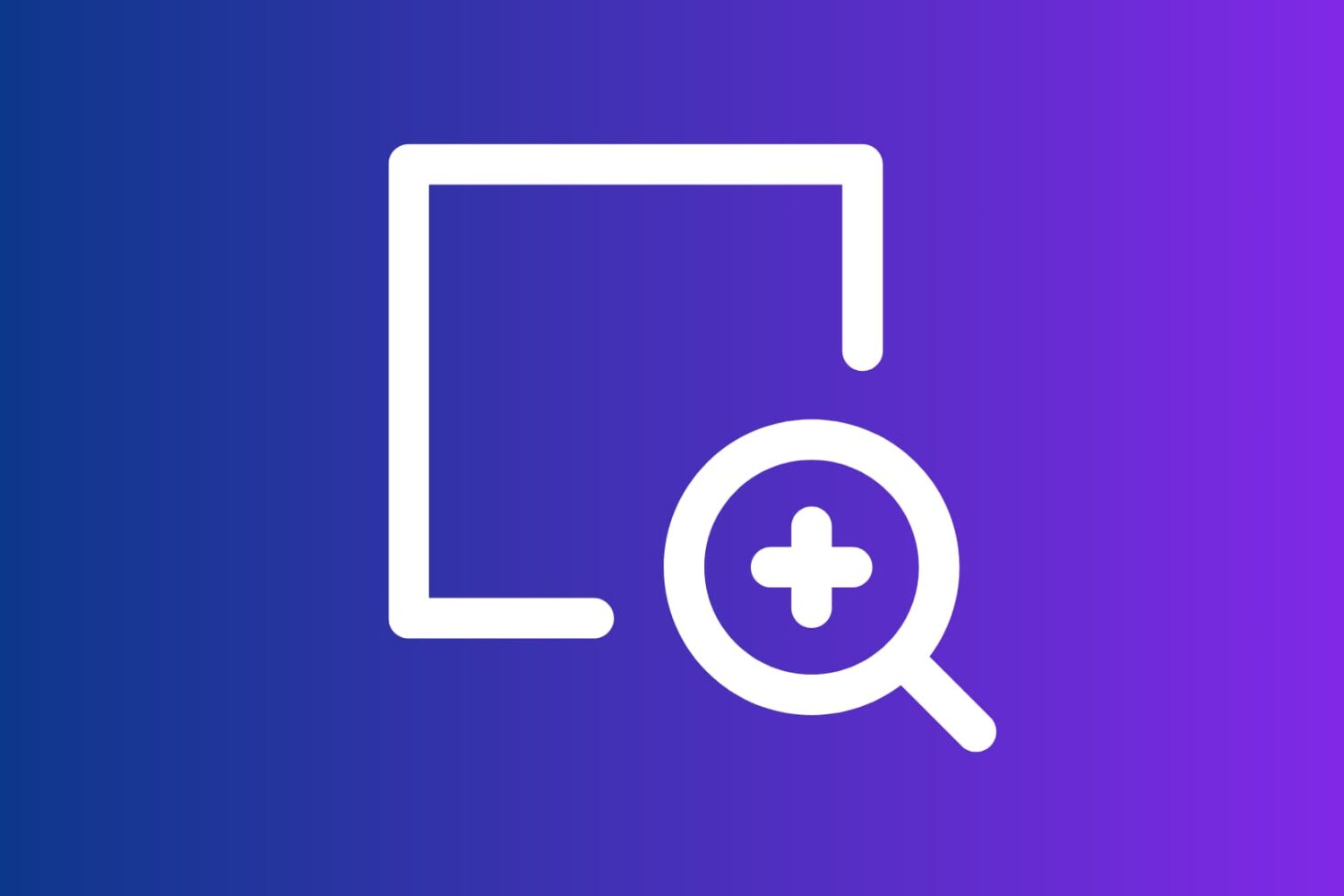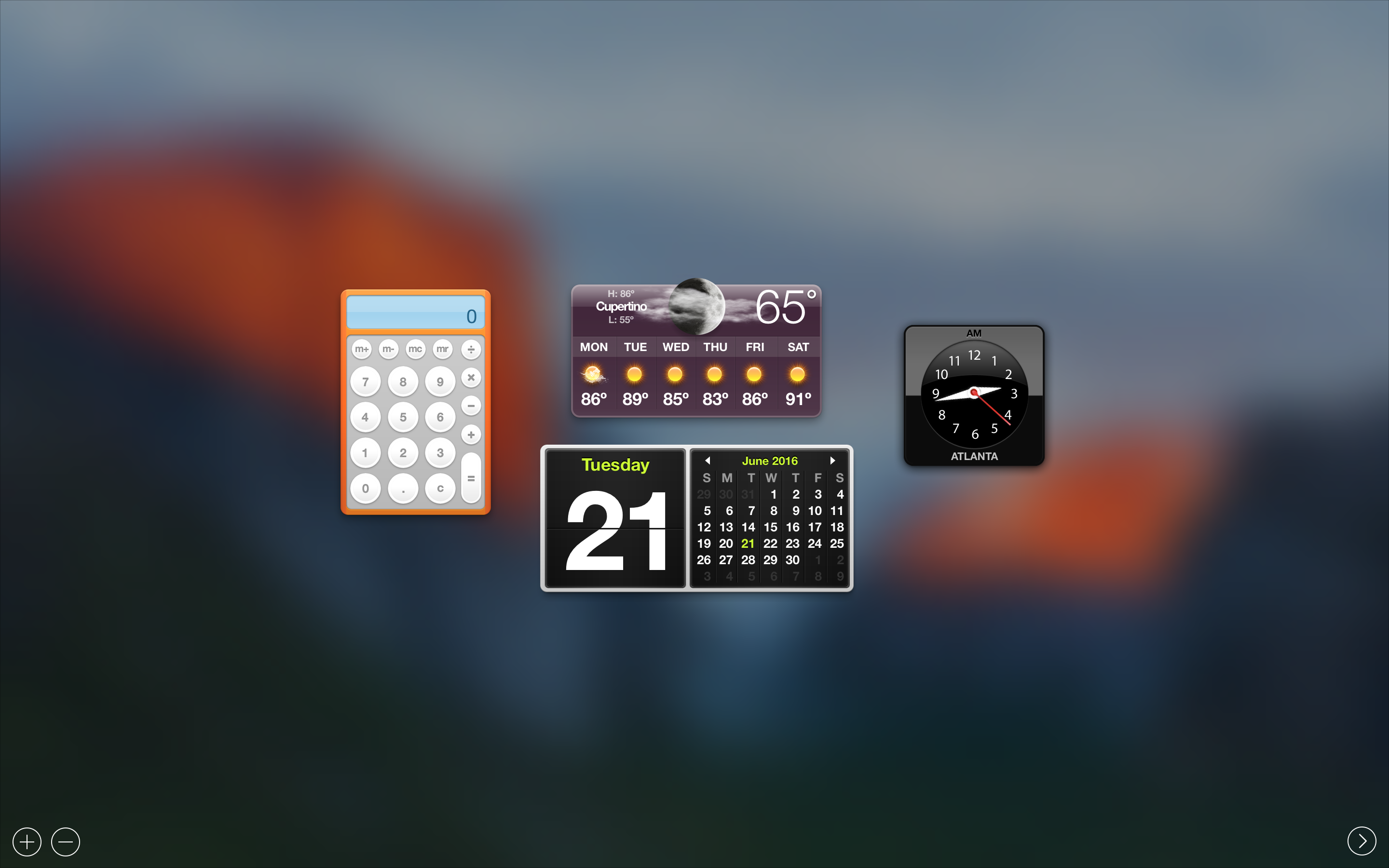Have you ever went on an app downloading spree in the Mac App Store only to find that it was going to ask for your password every time you wanted to download a paid app on your Mac?
If you're the only user on your Mac, then you probably don't want to or need to be bothered with having to enter your password each and every time.
Instead, macOS includes a feature that lets you disable password prompts for additional purchases for up to 15 minutes following your first Mac App Store purchase in a succession. We'll show you how to configure this feature in this tutorial.
